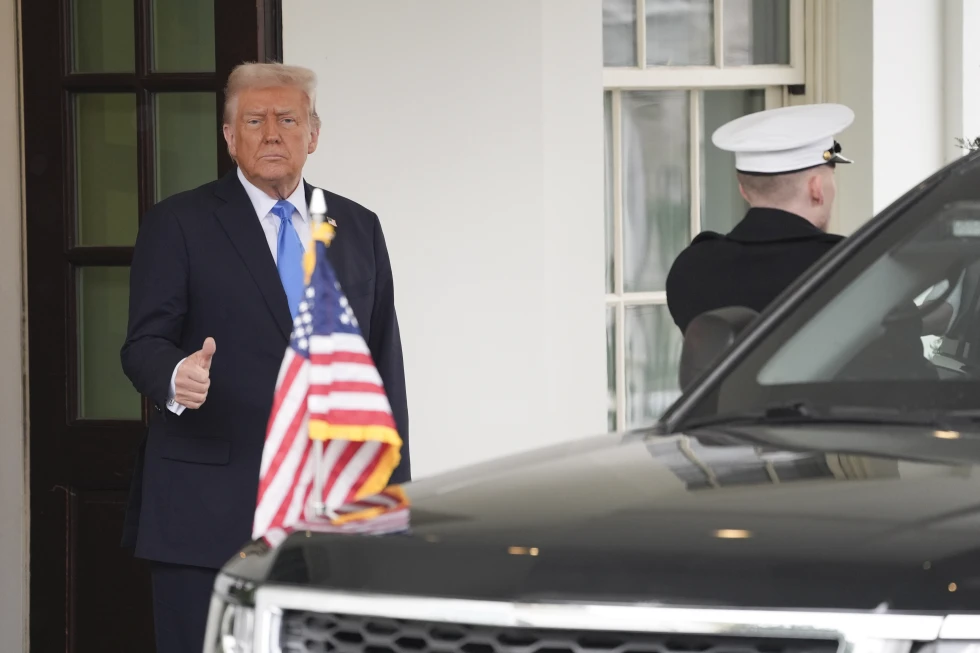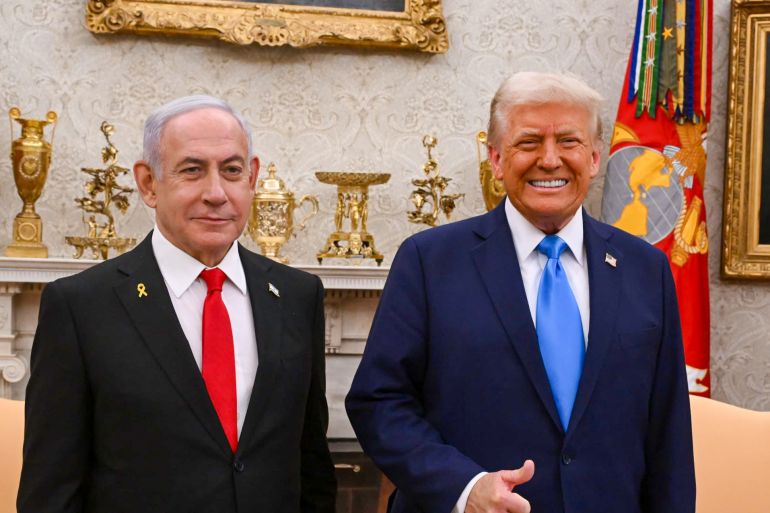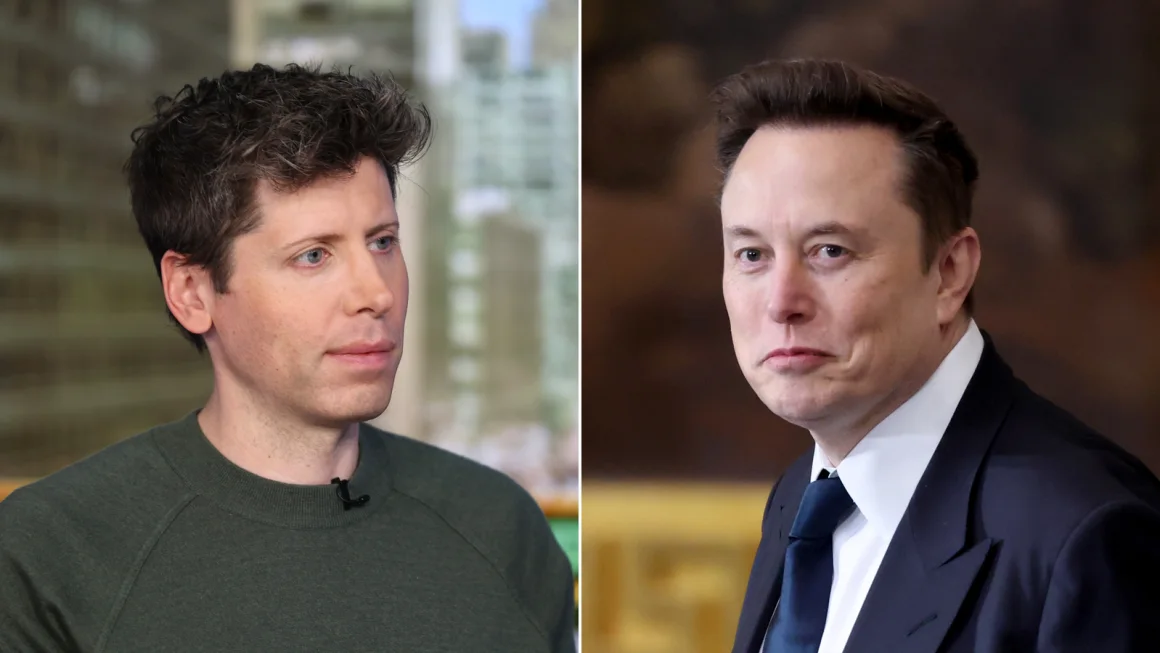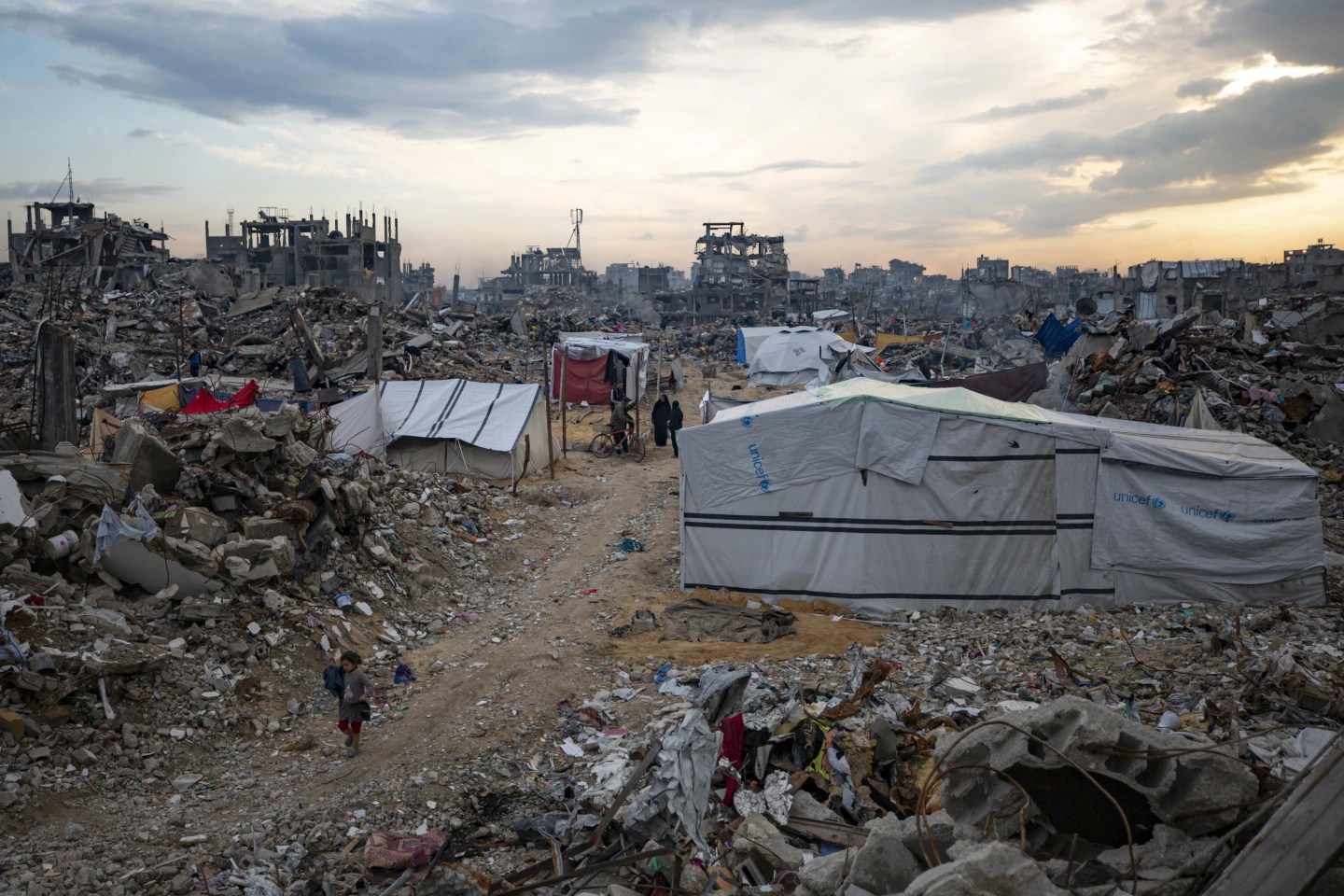Hezbollah to Hold Grand Funeral for Former Head Months After Death, Names Successor Killed in Strike
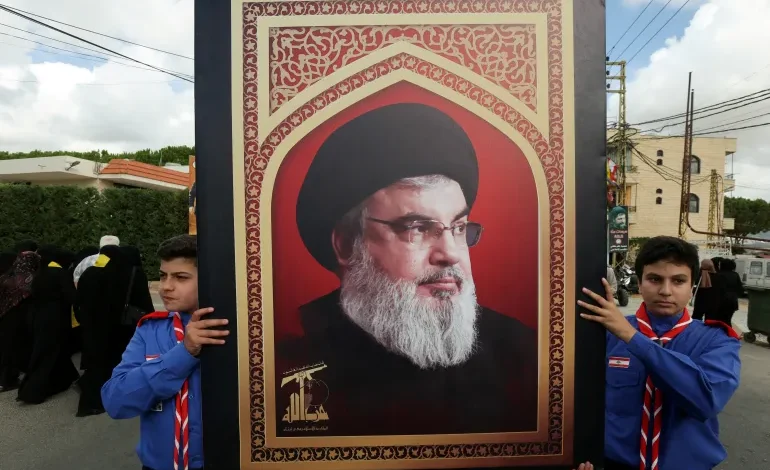
Hezbollah has announced that the long-awaited funeral of its former leader, Hassan Nasrallah, will take place on February 23, months after his death in an Israeli air attack, Al Jazeera reports.
The announcement comes alongside the revelation that Nasrallah’s intended successor, Hashem Safieddine, was also killed in a separate Israeli strike before he could be officially appointed.
Nasrallah, who served as Hezbollah’s secretary-general for over three decades, was killed on September 27th as Israel intensified air attacks on Hezbollah targets in Beirut’s southern suburbs. His death, along with several other top commanders, plunged the group into a period of significant disruption and change.
Naim Qassem, Nasrallah’s successor as secretary-general, revealed in a televised address on Sunday that the group had delayed Nasrallah’s funeral for several months due to “difficult circumstances,” opting for a temporary burial according to religious tradition. He confirmed that a “grand funeral procession with a large public presence” will now be held for both Nasrallah and Safieddine.
Qassem made the startling admission that Safieddine was, in fact, chosen to succeed Nasrallah as secretary-general after his death. However, Safieddine was killed in an Israeli air attack nearly a week later, before the announcement could be made. Qassem said that Safieddine would also be buried with the title of secretary-general.
Nasrallah will be buried on the outskirts of Beirut “in a plot of land we chose between the old and new airport roads,” while Safieddine will be buried in his hometown of Deir Qanoun in southern Lebanon.
Hezbollah announced on October 29 that Qassem, the group’s deputy leader, had been appointed as its new head following the deaths of several high-ranking military commanders.
The deaths occurred during a period of heightened tensions, as Hezbollah opened up a front against Israel to support its ally Hamas in Gaza starting in October 2023. This led to months of cross-border fighting and targeted attacks by Israel, resulting in significant losses for Hezbollah.
The conflict led to a ceasefire in late November, which included a 60-day deadline for Israeli troops to withdraw from southern Lebanon, Hezbollah to remove its fighters and arms from the area, and Lebanese troops to deploy in the region. However, that deadline was extended until February 18.
Accusations of violating the ceasefire have been traded between the two sides. Israel has been accused of not withdrawing its troops and continuing to conduct occasional airstrikes, while Israel alleges that Hezbollah has violated the terms of the agreement.

